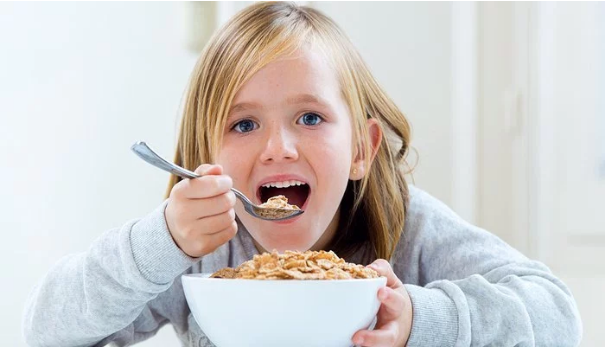
Dangerous levels of weed killer have been found in Cheerios, Quaker Oats and more, report says
August 15, 2018, nola family staff
Before you give your baby a handful of Cheerios or pour your child a bowl of Lucky Charms tomorrow, you should know what all the buzz is about- if you haven’t heard the buzz, you will. It’s all related to results announced today of a new study on the levels of pesticides in certain oat-based foods.
The long and the short of it this study
The Environmental Working Group (EWG) announced on Wednesday the results of tests they conducted on popular oat-based products, like Cheerios, Lucky Charms, Kind Bars, Nature Valley bars, (among others) to determine whether they contained glyphosate, a heavily-used pesticide (used to kill broad leaf plants and grasses) and the active ingredient in Monsanto’s Roundup weed killer –which at high levels has been linked to cancer.
Glyphosate has long been a major concern as a potential carcinogen. Both the World Health Organization and California state scientists have found links between the herbicide and cancer.
The EWG found in their recent study, ‘Glyphosate, an herbicide linked to cancer by California state scientists and the World Health Organization, was found in all but two of 45 samples of products made with conventionally grown oats. Almost three-fourths of those samples had glyphosate levels higher than what EWG scientists consider protective of children’s health with an adequate margin of safety. About one-third of 16 samples made with organically grown oats also had glyphosate, all at levels well below EWG’s health benchmark.’
Although some levels of glyphosate have been found in organic oat-based food, they are at much lower levels than non-organic. The reason they can be found at all in organic foods ( as they are prohibited from use) is most likely agreed to be from run-off and spray-over from nearby non-organic farms.
In a press release, Monsanto responded, “It is not uncommon to find trace amounts of pesticides in food since some food is grown using pesticides, which protect crops from insects, disease, and weeds. Importantly, these levels are not even remotely close to any level of concern.”
Earlier this year the FDA released documents that said the agency has found “a fair amount” of glyphosate in several processed foods. The Environmental Protection Agency has calculated that 1-to-2-year-old children are likely to have the highest exposure, therefor, parents should consider organic oat-based cereals for their children.
Increased pesticide use may not increase cancer in children
Dr. Alex Berezow with the American Council on Science and Health says in a recent article (August 8, 2018),’Nothing is more emotionally charged than pediatric cancer, and pesticides have been blamed for that, too. But is it true?’
Referring then to a study published in The Lancet Oncology that stated;
‘During the past three decades, incidence increased by about 1% per annum for all cancers combined and this increase affected most major diagnostic groups, including leukaemias, lymphomas, and CNS [central nervous system] tumors. However, in the past decade, incidence appears to have stabilized overall and for the major diagnostic groups in European populations.’
Alex Berezow summarizes ‘..if pesticides cause pediatric cancer, then countries that use more pesticides should have more cases of pediatric cancer. But they don’t. Therefore, pesticides probably don’t cause pediatric cancer.’

